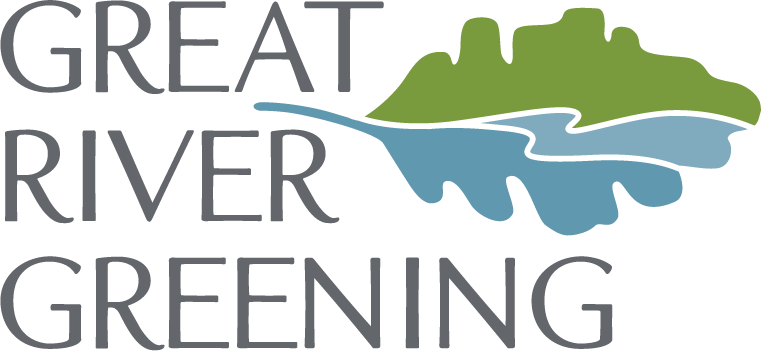Conservation grants will help Sherburne NWR
Conservation grants will help Sherburne NWR restore its oak savanna, oak woodlands and tamarack swamp habitats.From SCTimes, December 9, 2014By Ann WesselNews Article Excerpt:STORY HIGHLIGHTS
- The $5.7 in DNR conservation grants were funded through Outdoor Heritage Fund
- The largest, $400,000 project at Sherburne NWR aims to restore three habitats in a 968-acre parcel
- Two other Sherburne NWR projects aim to chemically treat and burn wetland-choking invasives
Four habitat restoration projects totaling $550,000 within Sherburne National Wildlife Refuge are among 46 to receive Minnesota Department of Natural Resources habitat restoration, enhancement and protection grants totaling $5.7 million.The money comes from the DNR's Conservation Partners Legacy grant program, which in the past six years has awarded more than $27 million for conservation projects. In this funding round for fiscal year 2015, 71 applicants requested $8.9 million in funding.Sherburne NWRThe largest Sherburne NWR award — $400,000, secured by Great River Greening — will fund oak savanna, oak woodlands and tamarack swamp restoration on 968 acres at the southern end of the NWR near the St. Francis River.Refuge Manager Steve Karel said some of that money would cover reseeding — replacing pines with bur oaks and native grasses. The resulting habitat would attract waterfowl and shorebird species. The project would establish fire breaks so the habitat could be maintained.The U.S. Fish & Wildlife Service has cited a 1985 study that estimated only 0.02 percent of oak savanna remained in its historic range in the Midwest. Work would begin this winter to clear and sell the pine timber — a project not covered by grant funds.Sherburne NWR contains about 1,100 acres of oak savanna. The long-term goal is to restore 13,000 acres.Three other grants for $50,000 each would restore native plants, and curb hybrid cattails and other invasive species choking the wetlands with chemical treatments and fire.Friends of Sherburne National Wildlife Refuge will buy native seeds, another element in restoring the habitat. The Minnesota Waterfowl Association secured a grant to chemically treat hybrid cattails and other invasives, enlisting an airplane to get to hard-to-reach areas. The National Wild Turkey Foundation got a grant to increase prescribed burns in the wetlands.The FWS has estimated North America has lost 55 percent of its wetlands since pre-European settlement.
